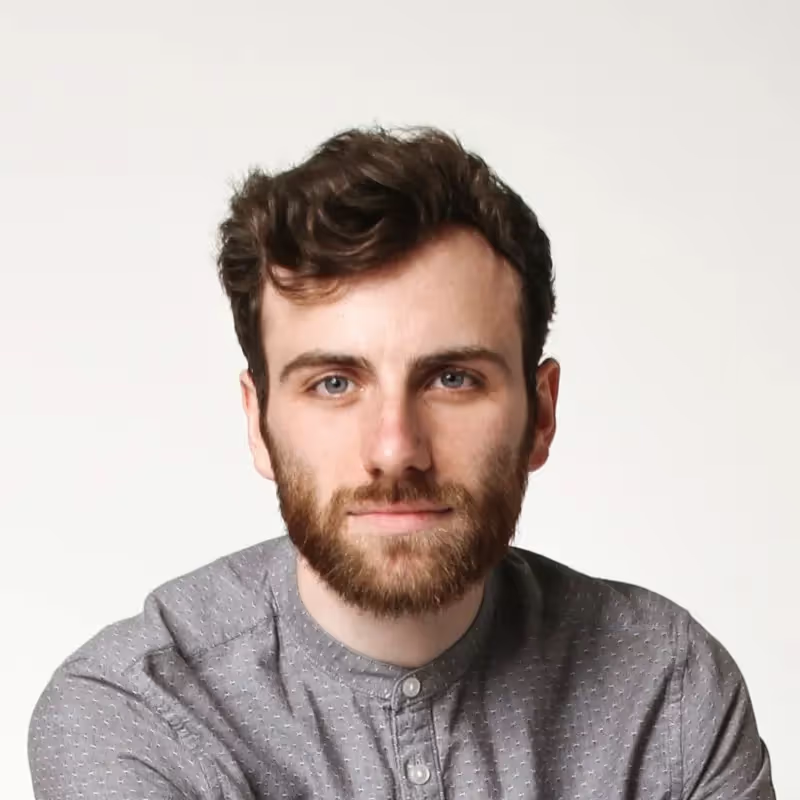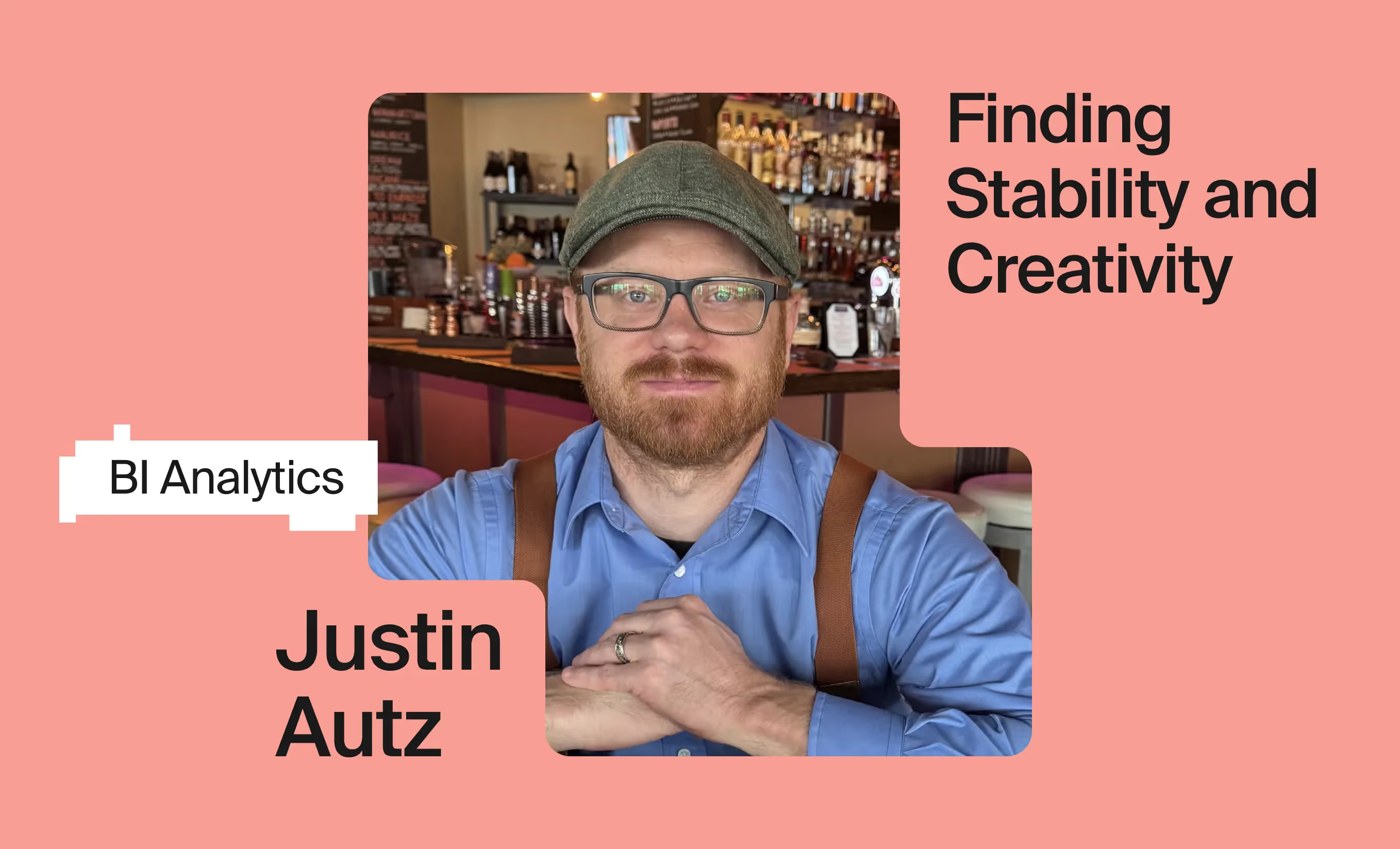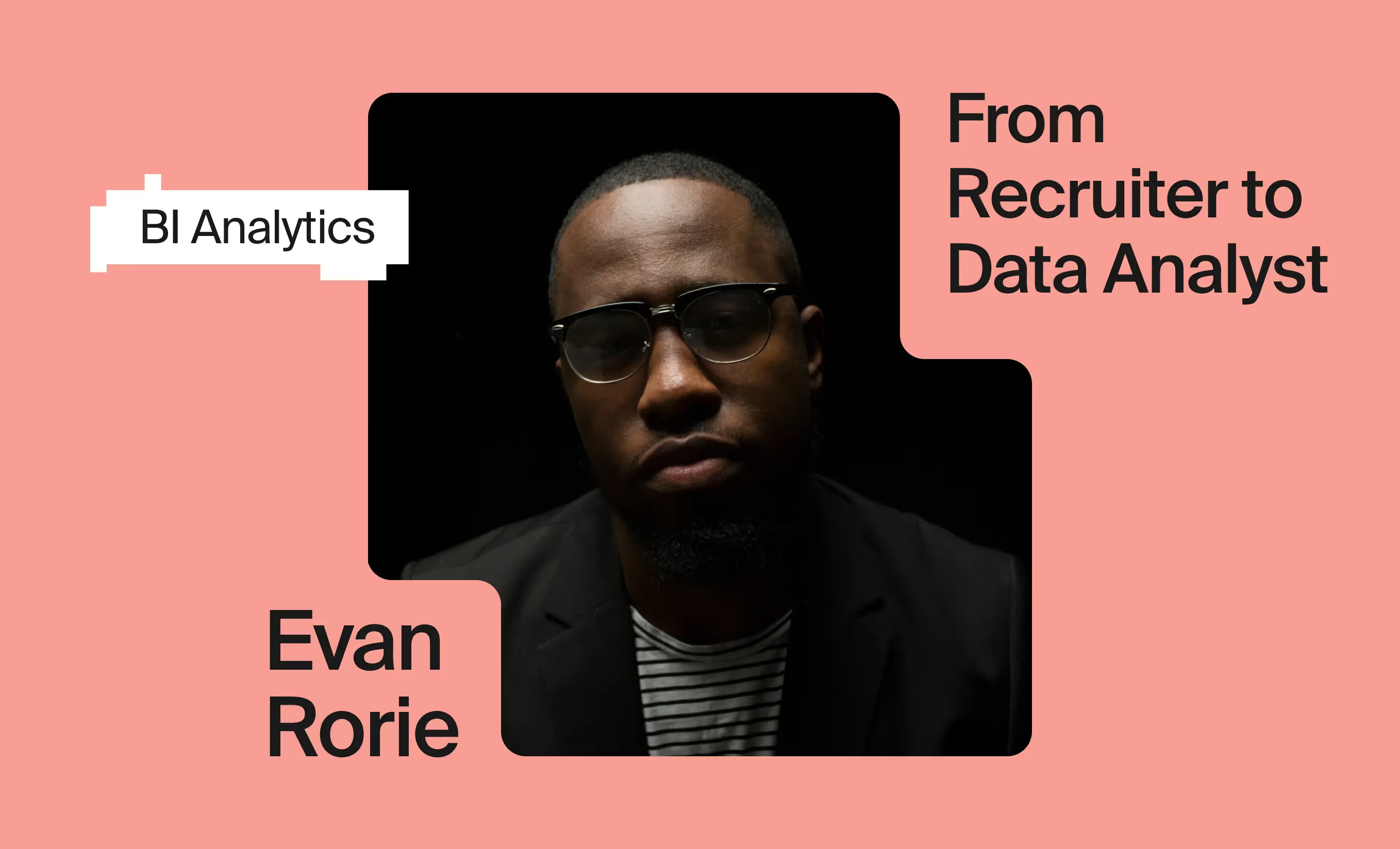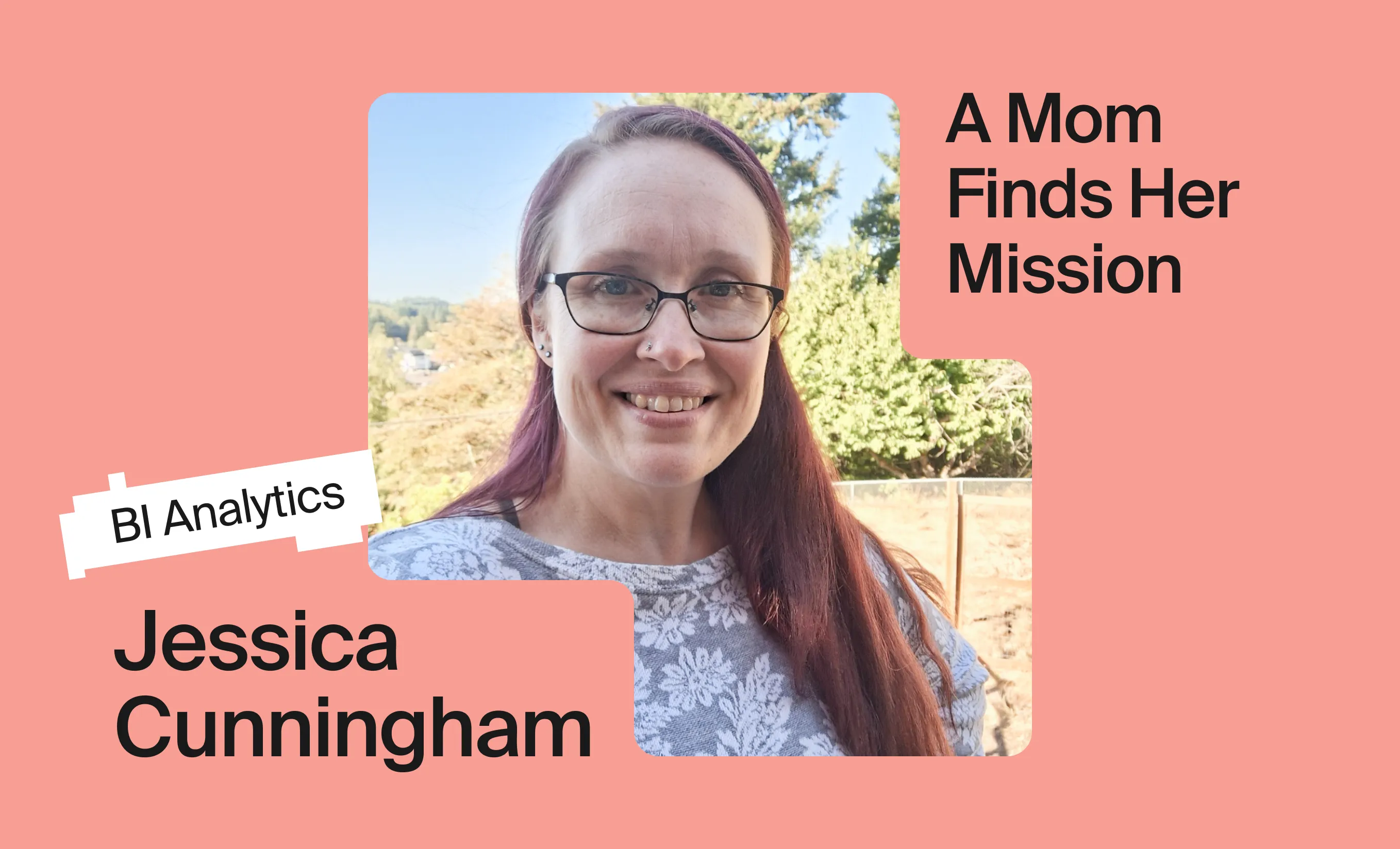What exactly is the freedom that comes with working freelance? In an ideal situation, the freelancer has the freedom to choose when they work, whom they work for, and the precise projects to work on. They’re unattached to a company and unfettered by bosses or chains of command.
But in exchange, freelancers often work more than a full-time schedule, give up on getting reliable, regular paychecks, and have to constantly scramble to snag new gigs. And, as was the case with Lidia Jimeno Harvey, they might even have to do all this while grinding out a job they’re looking to move on from.
The thing is, that’s not how it has to stay — see, Lidia got out. Here’s how.
Captive to freelancing
After graduating with a degree in communications and media studies from a university in her native Spain, Lidia knew she wanted to travel — not just as a tourist, either. So she came to the United States on a cultural exchange program. It was supposed to be a short-term thing. Then she met the man who is now her husband. “I was like, ‘I guess I'm not going anywhere,’” she said.
So in her new country, she let her creative chops guide her. She got a certificate in UX/UI and responsive web design, and even enjoyed the salaried position she got in that field. Then she went freelance. For her, being self-employed had some benefits, but there were significant drawbacks, too.
.jpg)
It was nice to have some freedom because you can pick and choose your clients, but that means you also have to be looking for clients constantly when a project comes to an end. So that was more of a stressful situation.
And these negatives started accruing and accruing. As a contractor, she was kept on the outside. “Definitely you felt like you were not part of the company,” she said. “They would reach out to you only when they had projects. This is when I realized how much I enjoy having a structure and a team you can constantly be in touch with, which you don't have when working as a self-employed person.”
Worse, this was all straining a role she no longer even wanted to be in. “I just wasn't feeling fulfilled anymore,” she said. “I wanted to keep creativity for myself as a hobby to fully enjoy it without any external noise to it.”
She needed a way out. As she looked into it, a career in data seemed right for her because it would benefit from her background in problem-solving, creative thinking, and user research analysis. “You can be very creative with data because you still need to create solutions,” she said. “There's a lot of different things you can try, and a lot might not work, but something unexpected that you wouldn't think of might work.”
She looked at her options to make the switch. A master’s wasn’t financially realistic, and she wanted an education that’d be focused on getting her into a new career, so she decided to go for a bootcamp.
She did extensive research, and liked what she saw about TripleTen — specifically, the robust support systems in place as well as the money-back guarantee. ”That made me think they really are going to help you land that role. They're going to do their best to prepare you, and that's what I need because I don't want to spend months doing all this work to then be in the same spot,” she said.
She enrolled.
Diving into data
At first, the material was a lot for Lidia to handle: “I'm not gonna lie, the beginning was a little overwhelming just because there were so many new things, and the first assignments sounded like Chinese to me.”
But she wasn’t going through a bootcamp to encounter familiar material and assignments — she was focused on landing a major pivot, and that meant she’d be encountering fundamentally new information. So she put in the work, asked for assistance when she needed it, and the TripleTen support systems were there to help her through. “I found myself joining the TA sessions often, especially at the beginning,” she said.
As she progressed through the bootcamp, this kept her up to speed with even the most complex material, but a great deal of her success came down to her discipline. See, she made sure she was prioritizing her education in data. Each day, she blocked off time to study, and this organization was especially important because, at times, she was simultaneously juggling multiple projects and multiple clients.
But because of her commitment to learning, she was more than ready when she joined one of TripleTen’s Code Pudding challenges in which she and a group of her fellow students used their fresh skills to analyze data on mental health outcomes for people in different work setups — remote, hybrid, and in-person. This is something she still looks back on with fondness.
“We were giving feedback to each other when we were building different parts of the project, so that was really nice. Everyone wanted to do their best so that at the end of the day, it creates the best results,” she said. “Then you're able to practice presenting it as well, which is great. You have to talk with stakeholders and have a live audience.”
All together, this meant she had the know-how that would impress hiring managers. She took her next step: looking for the career she’d been aspiring to.
Embedded in a career and community
Lidia collaborated with her career coach to make her applications as effective as possible. They honed her resume, her portfolio, and her strategy in general. But more than that, the coach was a voice of positivity urging her forward.
The career coach was there to help boost your confidence, to make you feel better with yourself, and keep going.Lidia Jimeno Harvey, TripleTen grad
After sending in around 200 applications, she landed interviews at two companies. For one of them, she got in touch with a potential future coworker to find out more. They connected and chatted, and it turned out the woman she was talking to had been in a situation similar to Lidia’s. Lidia had no intention of asking her for a referral from the first conversation, but they got along so well that her new connection offered to send Lidia’s resume to her manager.
That led to a first call, which she aced, and then she got an assessment. She had to build a dashboard, and she decided to be strategic about it: “I went with Power BI because I knew that's what they were using, and once I submitted that, I had to present it in front of three team members.”
Thanks to the Code Pudding, she had experience in presenting to stakeholders. Two and a half weeks later, she was offered the job. And yes, she nailed a similar task she was assigned by the other company that was interested in her. But that second company had a longer hiring process, and their benefits didn’t quite compare. There was no reason to wait.
Now she’s a Senior Associate Data Analyst at Amplytics, and she’s already contributing in significant ways: “I created a dashboard on my own within two and a half weeks of being there.”
And it feels like the right company for her. First of all, she’s no longer working at all hours to meet the demands of a client — “I have more personal time just because I'm not working from 6:00 a.m. to 10 p.m.,” she said — but now she’s also on the inside among diverse colleagues who make her feel like she’s truly part of the team: “It's also very international, which also feels really good. I'm not the only person with an accent there.”
Interestingly, this feeling of belonging and freedom really came to a head in the last place you might expect it — on a former prison island. “We already had, for me, the first team building event. They took us to Alcatraz last week, and that was very fun.”



.avif)










